First Nations voices are back.
An Acknowledgment of Country from Aboriginal Council Chair Sean Bremer kicked off the first conference for First Nations members since 2019.
The Conference, postponed in 2020 and 2021 due to COVID-19, addressed issues vital to Aboriginal members, including getting more First Nations people jobs and more in senior positions.
PSA/CPSU NSW General Secretary Stewart Little talked about the close connection the union movement has had with Aboriginal and Torres Strait Islander people throughout post-colonial history, mentioning the Wave Hill walk-off and the Pilbara pastoral workers strike that ran from 1946 to 1949 over a refusal to pay Aboriginal employees in money.
“The PSA/CPSU NSW is the only union with an Aboriginal Council in its rules – forever more,” said Mr Little.
Shane Hamilton, NSW Deputy Secretary Aboriginal Affairs and Outcomes talked about the importance of housing, describing it as an issue important for Aboriginal and non-Aboriginal Australians.
“If you look at Australia’s housing market, it is worth more than $9 trillion, turning over each year about $490 billion,” he said. “That has been generated at the expense of 500 First Nations groups throughout the county.
“That massive accumulation of wealth has been at our expense. We had businesses we had housing that was taken away from us.”
As head of Aboriginal Affairs NSW, Mr Hamilton, a former Prison Officer, said closing the income gap between Aboriginal and non-Aboriginal Australians is an important part of his remit, and talked about improving the organisation’s workplace culture and his plans for a functional review of its all over performance.
BJ Duncan, Chair of the Central Coast’s Darkinjung Local Aboriginal Land Council, gave attendees an insight into the way his organisation operates, particularly its success converting the abandoned Wyong tip into a lucrative property development, which funds projects such as a college aligned with Sydney’s Barker College, social housing, education assistance and a funeral fund. Like all developers, the Land Council meets opposition for its projects, but Mr Duncan said he is determined to strike a balance between sustainable development and the needs of a community that has experienced high rates of incarceration and youth suicide.
Mr Duncan expressed frustration at people without links to community identifying as Aboriginal using statutory declarations.
“They’re claiming mob, but what’s important is mob is not claiming them,” he said. “People who haven’t got cultural connection are putting their hand up to get stuff that is not designed for them.”
“We have people coming to the Central Coast claiming Kuringgai heritage, but they have no ongoing connection to country.”
Indigenous Officer at the Australian Council of Trade Unions (ACTU), Lara Watson, gave an insight into the union body’s advocacy on behalf of poorly paid Aboriginal trainees, citing this as an example of a “colonised system; policies set for us, not by us”.
“Government does not live in communities, when it does go out, it is a 20-minute drop in,” she said. “We have a right to self-determination: we have a right to be the architects of our lives.”
On the subject of the coming Voice referendum, Ms Watson, a supporter of the yes vote, said, “What we are voting on is a fair and equal society,” she said. “When you have communities in our society living in third-world conditions, doing nothing is no longer an option.”
However, she said she does not think opponents of a yes vote are necessarily wrong.
“Hopefully, at the end of the campaign we can celebrate together,” she said.
To sell the yes vote to white voters, many of whom have never met an Aboriginal person, “or have that one friend”, Ms Watson said Aboriginal and Torres Strait Islander people “need a place to be heard”.
Karla Grant is one of those people providing a place to be heard. The host of SBS’s Living Black series, Ms Grant said the National Indigenous TV (NITV) network works to redress injustice towards Aboriginal people.
A story on a woman treated badly in a Wilcannia hospital, for example, resulted in a call to the women from Health Minister Hazzard with an apology and questions about way the hospital operated.
“The Government needs to liaise with community over the referendum,” she said. “NITV and SBS are obliged to report on the referendum: if it is not passed there will be a lost opportunity.
“We need something that will make a real difference to our mob.”
NSW Labor’s Aboriginal Affairs Shadow Minister David Harris said he and his party had been working for four years for a treaty in NSW, citing the importance of truth-telling in the process.
He said a Labor Government would build pathways for high school students to get careers in public service jobs to deliver services directly to community.
“You need a detailed plan for career building,” he said. “Internships need to lead to careers and jobs.”
Mr Harris said a Minns Government would place Aboriginal Policy units in every department, with power to ensure deputy secretaries are doing what they need to do.
“If we are going to close the gap, it is through economic empowerment,” he said. “The public service should be leading the way. In my opinion, they are not.”
Sherry-Ann Toomey is one person getting Aboriginal people into public service jobs. A Senior Advisor at the Public Service Commission, she discussed the pathways, and obstacles, First Nations workers have getting public sector jobs.
People who haven’t got cultural connection are putting their hand up to get stuff not designed for them

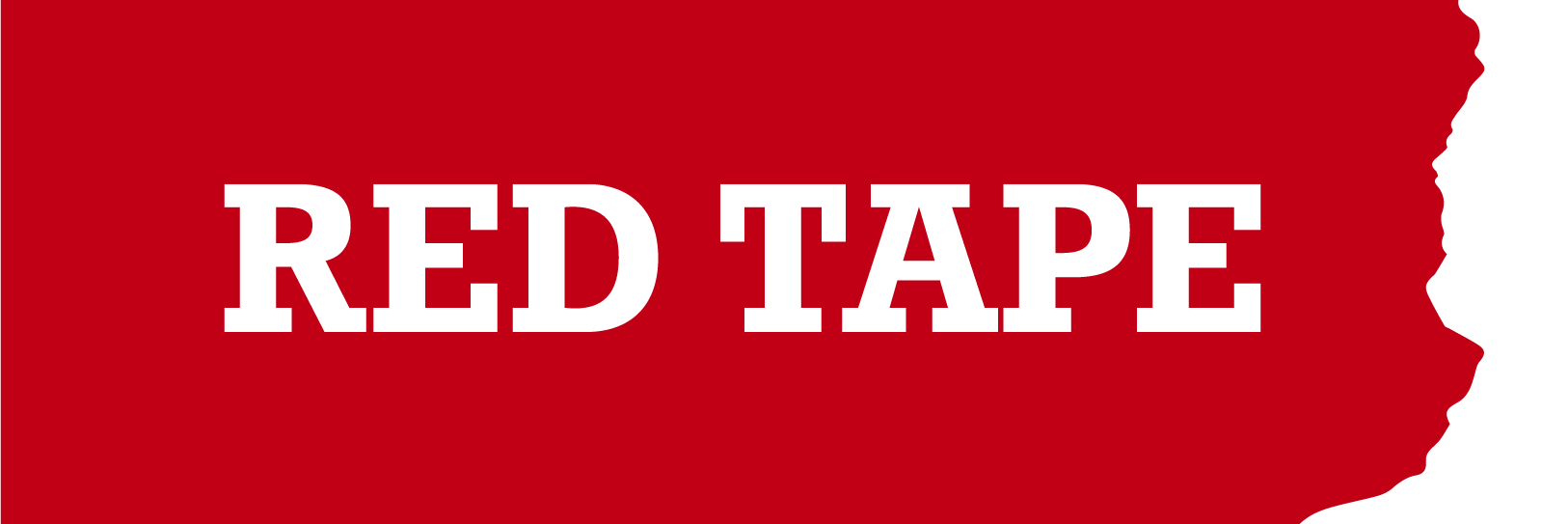





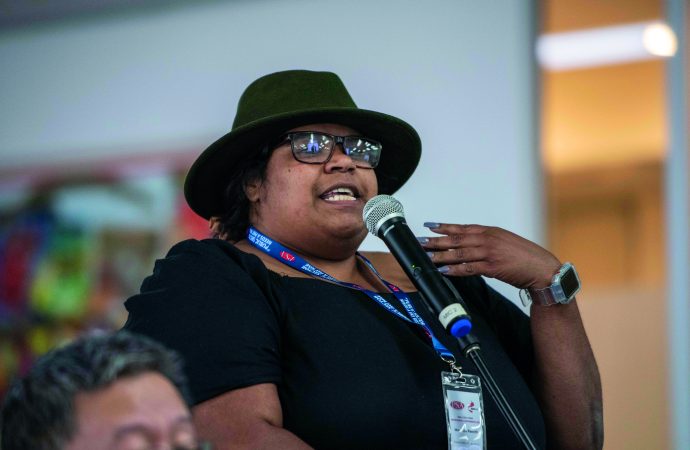
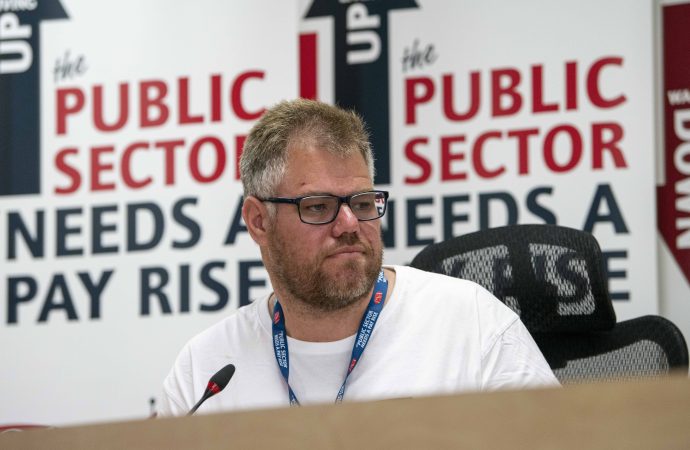
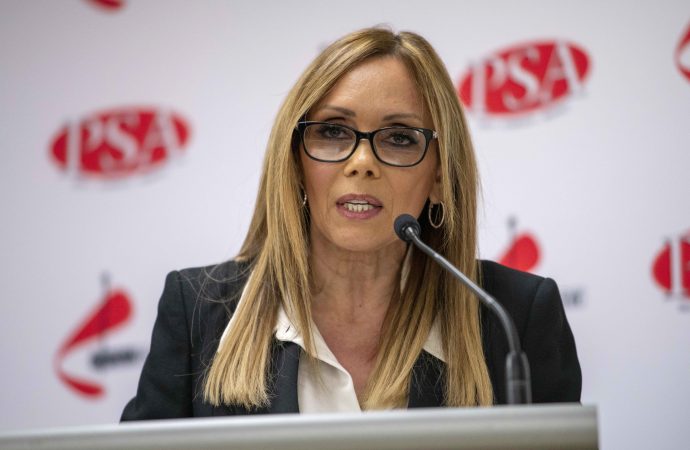
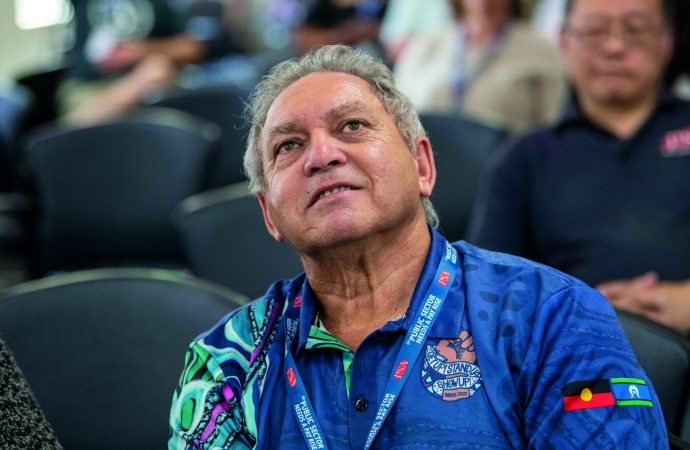
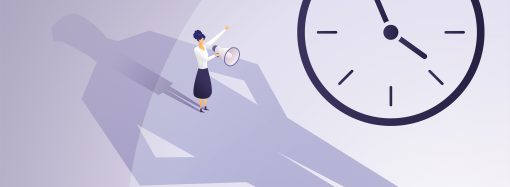
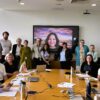


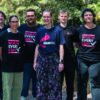
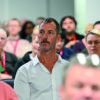
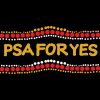
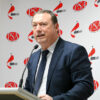

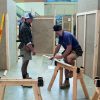
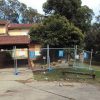
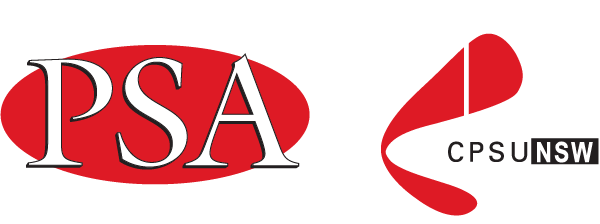
Leave a Comment
Your email address will not be published. Required fields are marked with *